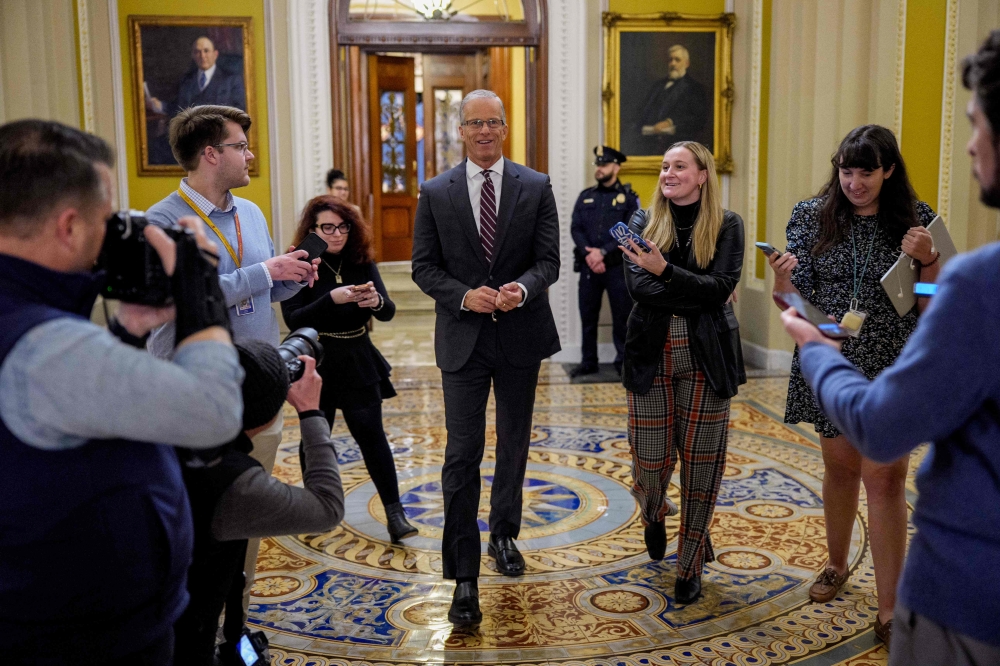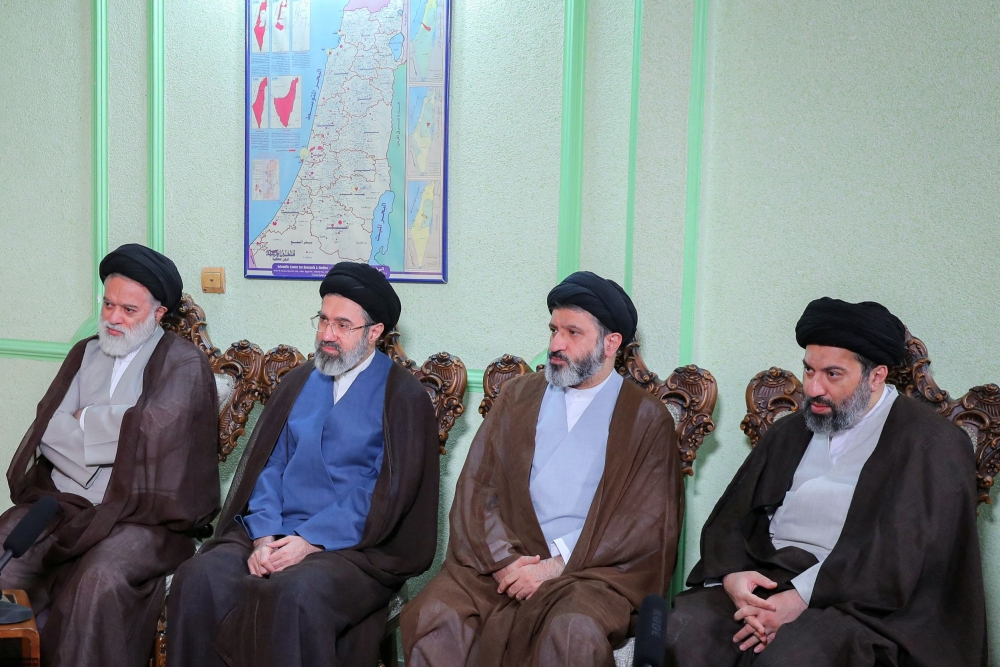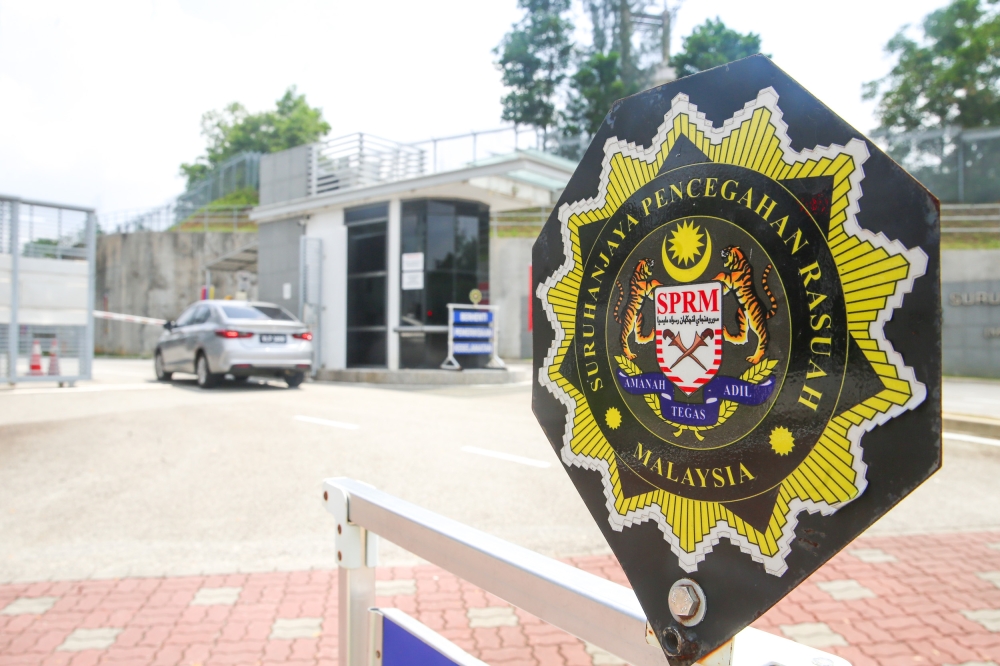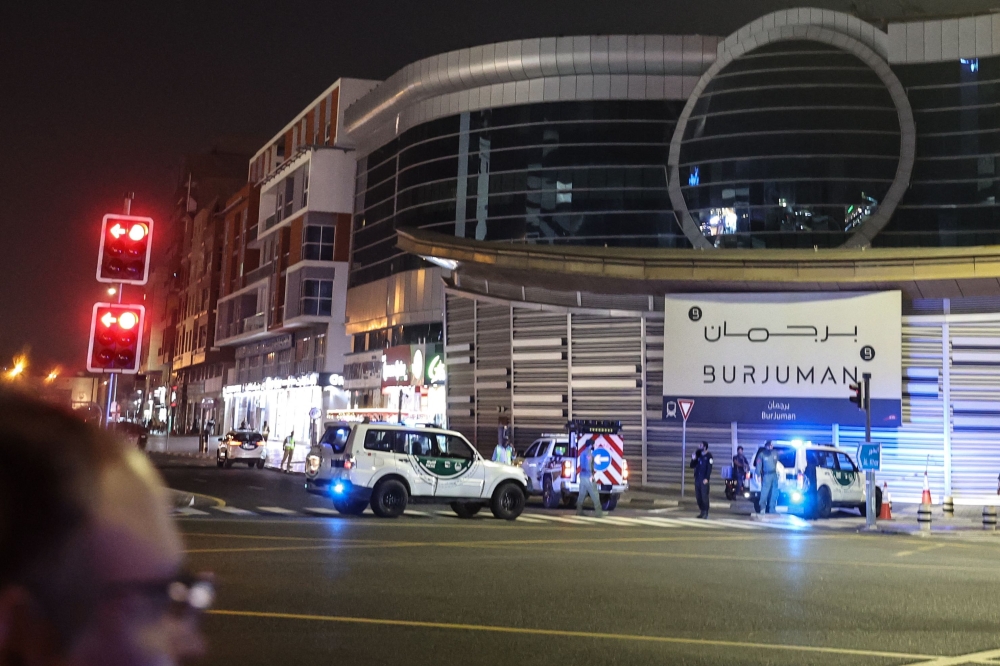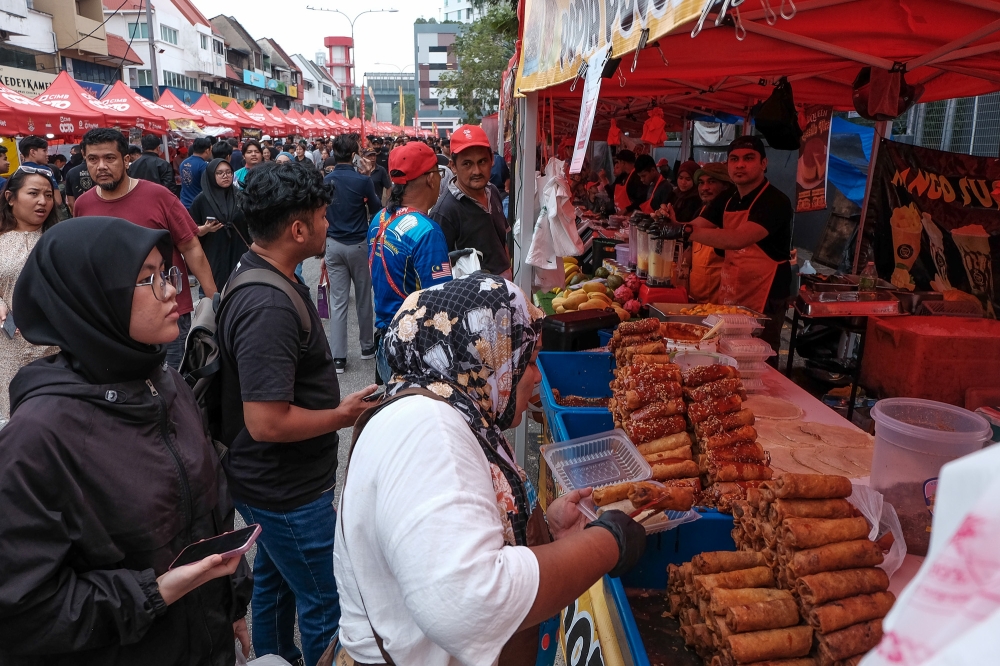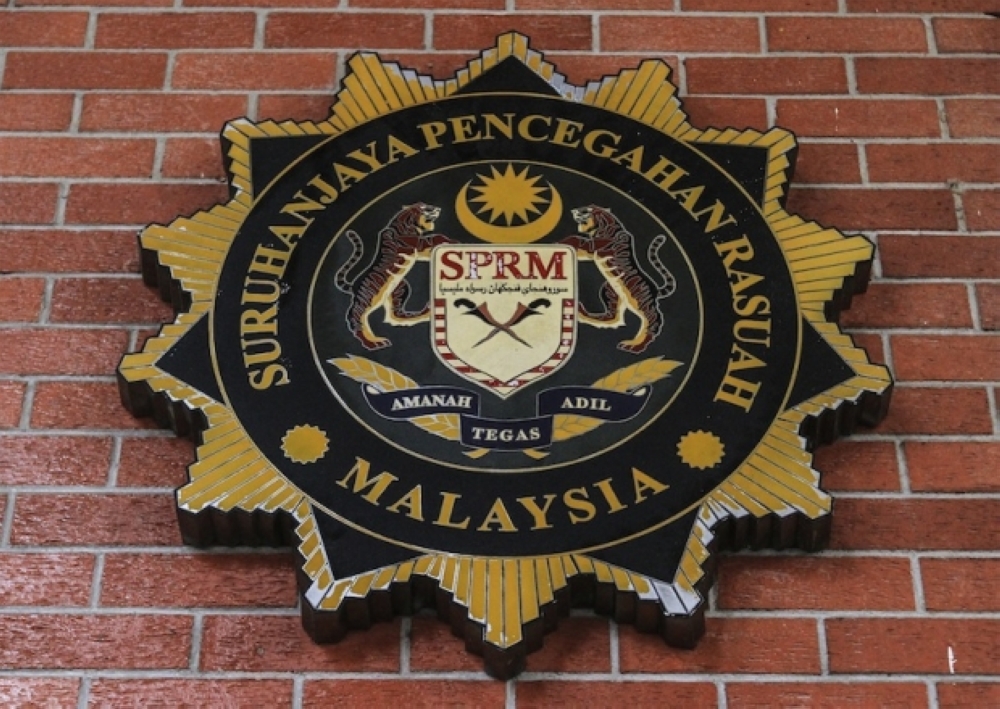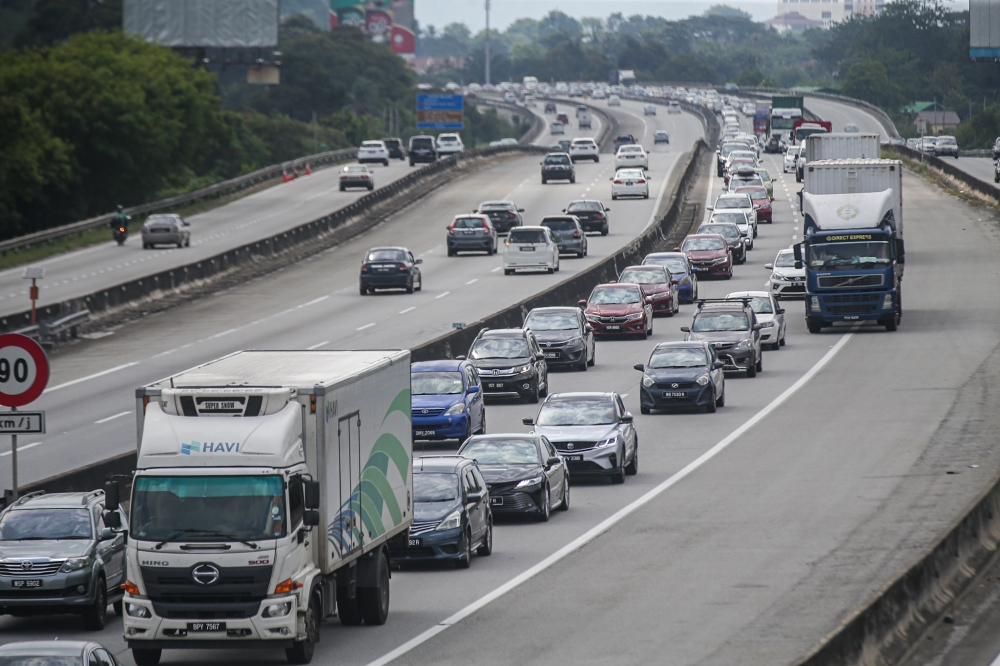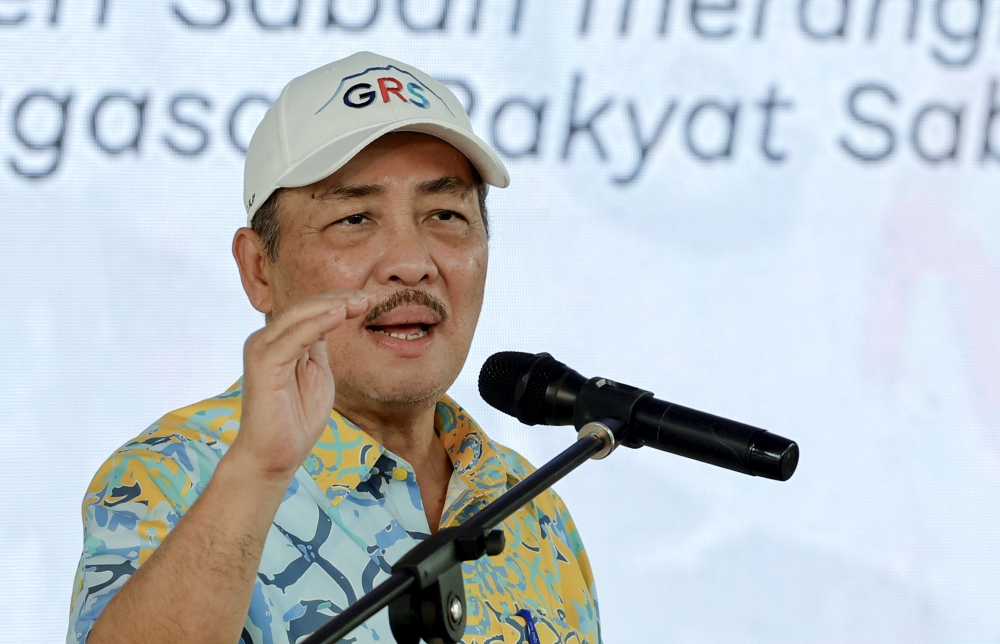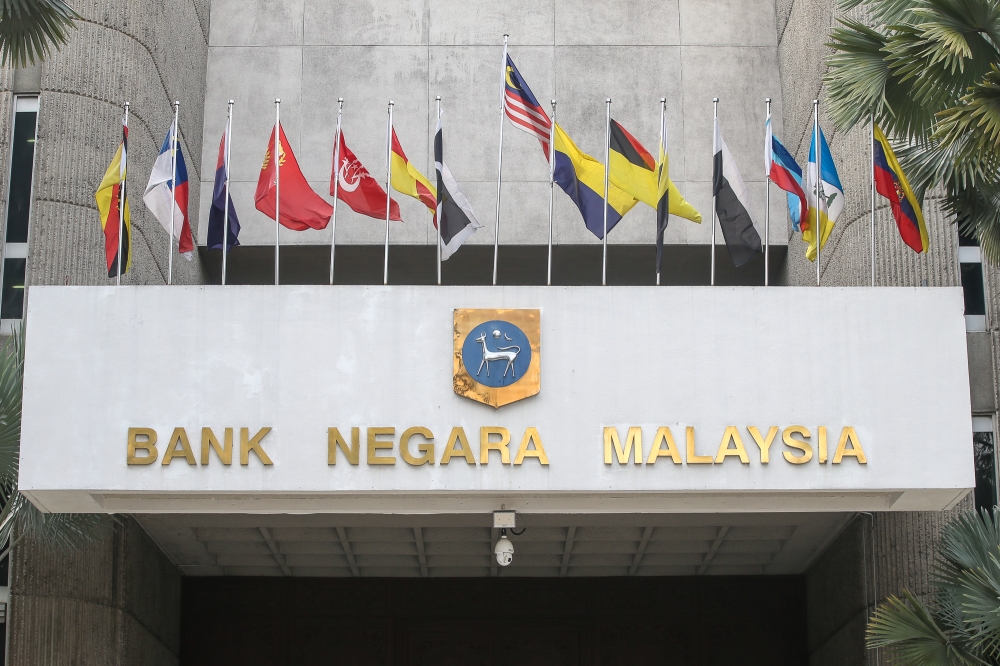KUALA LUMPUR, July 9 — Finance Minister Datuk Seri Tengku Zafrul Abdul Aziz has been appointed as the coordinating minister for Malaysia’s National Recovery Plan, the Prime Minister’s Office announced today.
This was announced following the first meeting of the Cabinet’s special committee regarding the NRP (JKKPPN) which was held through video conferencing.
In this new role which was agreed upon by the Cabinet meeting, Tengku Zafrul will be responsible for monitoring the implementation of strategy and aid, and taking intervention measures that are proactive and suited to the dynamic Covid-19 pandemic situation, the PMO said.
To ensure the National Recovery Plan runs smoothly, the Finance Ministry’s unit for the economic stimulus implementation and coordination between national agencies (Laksana) has also been appointed as the secretariat for JKKPPN to coordinate the efforts of all ministries and agencies directly involved in the National Recovery Plan, the PMO said.
The virtual meeting today was chaired by Prime Minister Tan Sri Muhyiddin Yassin, and was also attended by Datuk Seri Ismail Sabri Yaakob who was this week appointed as deputy prime minister, as well as foreign minister Datuk Seri Hishammuddin Hussein who became senior minister also on Wednesday.
Also in attendance were Senior Works Minister Datuk Seri Fadillah Yusof, Senior Education Minister Datuk Radzi Jidin, Tengku Zafrul himself, Science, Technology and Innovation Minister Khairy Jamaluddin who is also the coordinating minister for the country’s national Covid-19 immunisation programme, Health Minister Datuk Seri Dr Adham Baba, Chief Secretary to the Government Tan Sri Mohd Zuki Ali and Health Director-General Tan Sri Dr Noor Hisham Abdullah.
The PMO explained that JKKPPN’s function is to monitor the implementation of strategies and aid under the National Recovery Plan to ensure that Malaysia would be able to come out from the Covid-19 situation in phases and in a more systematic way, taking into account the existence of stronger Covid-19 virus variants.
The PMO also said the JKKPPN had in the meeting today agreed to further strengthen cooperation with experts for the subject matters of health, economy and social to obtain feedback and continuously evaluate the effectiveness of public health actions being undertaken, strategies for patient management in hospitals and strategies for the immunisation of the population in Malaysia.
PMO also said the involvement of professionals, especially public health experts and economic experts, in the management of the Covid-19 pandemic in Malaysia is part of the government’s continuous efforts to ensure that the pandemic management strategy is “on the right track.”
The PMO statement also said the government understands the public’s difficulties and the challenges faced in efforts to have the country recover from the Covid-19 pandemic, adding that the government would therefore continue to ensure that all efforts for the success of the National Recovery Plan would prioritise public welfare and be transparent and inclusive.
On May 28, the government announced that Malaysia would be placed under a total lockdown from June 1 for two weeks.
This total lockdown or Phase 1 of the National Recovery Plan was later extended for another two weeks until June 28, and has to date continued on in many states in Malaysia.
So far, five states — Kelantan, Pahang, Perak, Terengganu and Perlis—have already moved into Phase 2 from July 5 onwards and Penang had similarly done the same on July 7, while Sabah will be the next to shift to this phase with more relaxed rules from tomorrow (July 10) onwards.
On July 1, the government announced a list of mukim in eight of nine Selangor districts and 14 localities in Kuala Lumpur that would be placed under an enhanced movement control order (EMCO) from July 3 to July 16.
Previously on July 3 when Ismail Sabri announced the shifting of the five states to Phase 2, Tengku Zafrul had in the joint press conference explained the mathematical formula and figures that justified the transition of the five states into Phase 2 of the National Recovery Plan.







